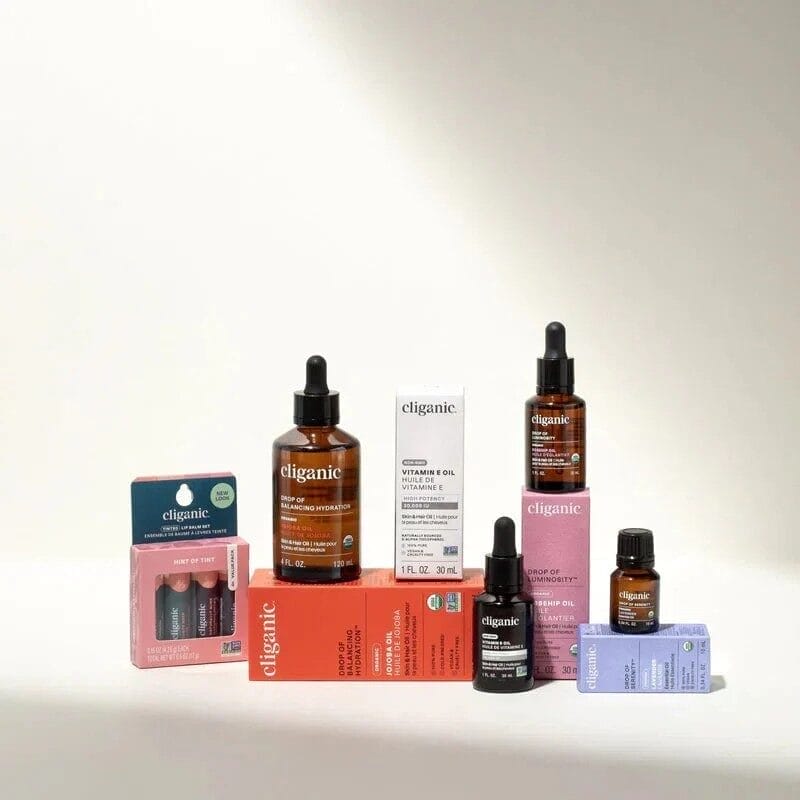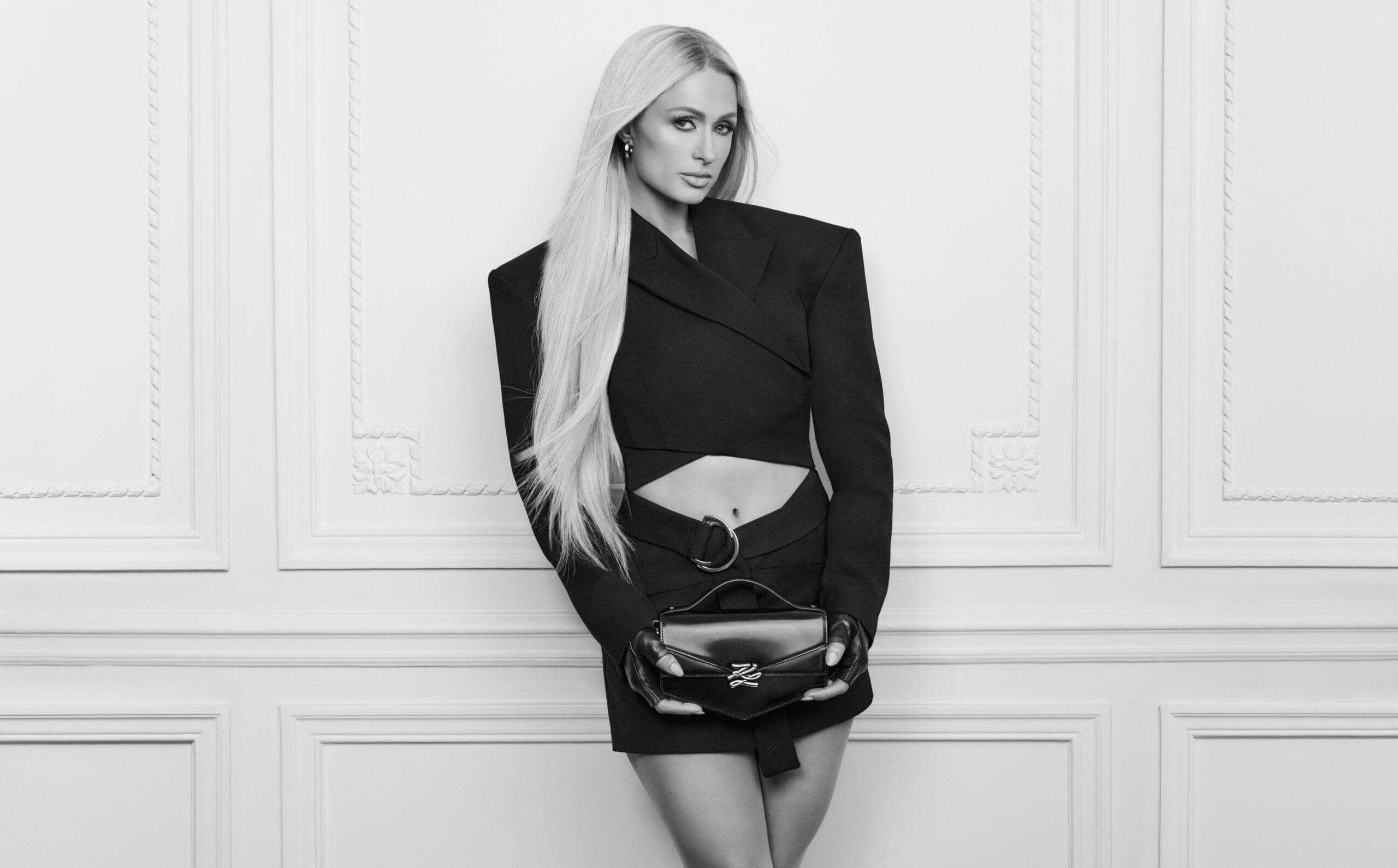Alo Yoga’s rise to cult status has always been fueled by social buzz, but this week, the brand finds itself at the center of a $150 million class action lawsuit—one that could reshape the future of influencer marketing.
A Celebration of Hype, Influence, and Consumer Trust
At the heart of Alo Yoga’s appeal was the promise of luxury comfort. “The fabric was buttery soft, and I found myself reaching for it constantly.” But for many, that magic faded quickly. “The softness disappeared, replaced by an average feel that left me a little disappointed. I still wear the set because it’s cute (and let’s be honest, I paid a premium for it), but it no longer feels like heaven against my skin. Now? It’s just… meh.” Experiences like these are increasingly common in the influencer era—but now, Alo Yoga faces more than just a few let-down customers.
Inside the Lawsuit
Filed last week, the class action targets Alo Yoga and over a dozen influencers, accusing them of blurring the line between paid promotion and personal praise. Plaintiffs argue that Alo’s explosive growth was built on influencer marketing that misrepresented paid endorsements as genuine, unpaid opinions. According to the complaint, about 90% of Alo’s revenue stems from online sales and its Alo Moves platform—much of it driven by influencer content that appeared organic but was actually sponsored.
Plaintiffs say they bought Alo products after seeing glowing Instagram posts from influencers they trusted, only to later feel misled when the endorsements lacked the legally required disclosures. “The plaintiffs argue that they paid a premium based on the perceived impartiality of these influencers, only to later feel misled about the true value of the products.” The suit seeks more than $150 million in damages and a court order to overhaul Alo’s marketing practices.
“This isn’t some slap-on-the-wrist lawsuit. If the plaintiffs succeed, Alo and its influencers could be on the hook for more than $150 million—and a big chunk of their brand equity.” The legal action cites violations of the Federal Trade Commission Act and consumer protection laws in over 20 states. “Transparency is not optional in influencer marketing,” said Tara Sattler, partner at Weintraub Tobin. “Failing to disclose a material relationship can create massive liability not just for the influencer but also for the brand.”
Notable Risks and Industry-Wide Warnings
The Federal Trade Commission requires clear, conspicuous disclosures of material connections between brands and influencers. The lawsuit alleges that Alo and its partners purposely avoided official ad disclosures to maintain higher engagement, potentially violating FTC rules.
This case is a wake-up call for every brand relying on influencer-driven growth. As class actions targeting influencer marketing continue to rise, the message is clear: get your house in order, or brace for the kind of backlash money can’t fix.

















